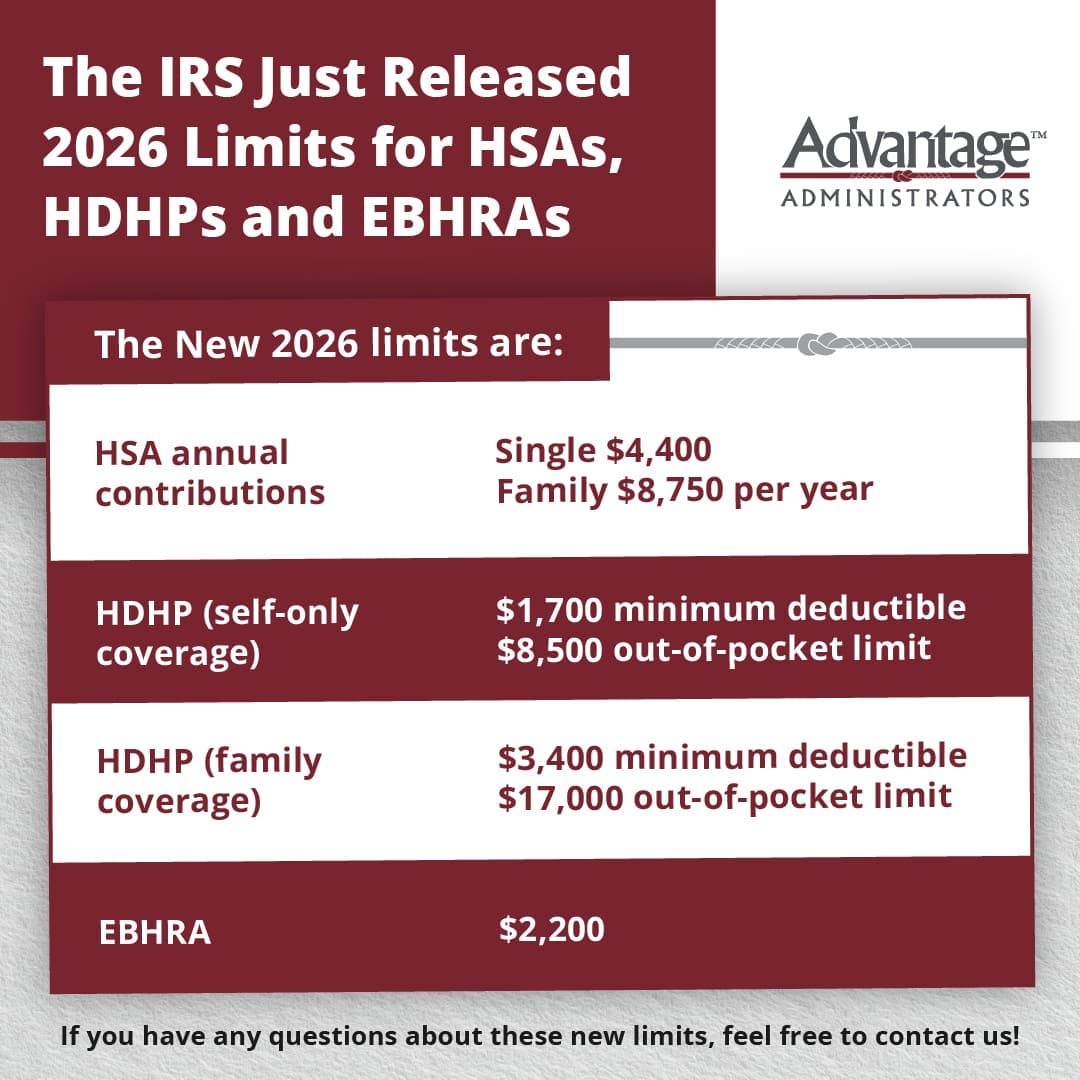Avoid Tax Implications with FSAs
The IRS requires flexible spending account (FSA) participants to submit documentation to prove their purchase was an eligible expense. The IRS emphasized these requirements and potential penalties for employers who are not meeting the requirements when they released an Office of the Chief Counsel memorandum last week detailing medical expense claim substantiation for medical FSAs and dependent care FSAs. That is why you need an FSA administrator that adheres to IRS substantiation requirements and offers innovative solutions to simplify the substantiation process for your employees.
Why is Substantiation Required?
Because of an FSA’s tax advantages, the IRS requires employers and employees to prove that FSA funds are being spent on eligible expenses ONLY.
FSAs are a great way for employers and employees to save. When employees participate in an FSA, employers save on FICA taxes since their participation reduces their taxable wages. They also save because the funds they contribute and their reimbursements for eligible expenses are not taxed.
How do Substantiation Requirements Affect you and your Employees?
FSAs are employer-sponsored accounts, so it’s particularly important for you to comply with IRS regulations regarding documentation. If the IRS determines your FSA is not in compliance with substantiation requirements, your FSA could become disqualified.
Any FSA not following substantiation rules that do not comply with IRS Code Section 125 and any employee contributions to a noncompliant plan is subject to income, FICA and FUTA taxes. In some circumstances, the IRS could treat all medical FSA reimbursements within a noncompliant plan, including those that were properly substantiated, as taxable wages and subject to FICA and FUTA taxes.
What Does the IRS Require for FSA Substantiation?
To reduce your risk as an employer and the potential for future financial headaches, choose a third-party administrator that requires claims to be substantiated. IRS regulations outline what your employees’ documentation should contain. For medical FSAs, documentation should include:
- Date the service was received or purchase was made
- Description of service or item purchased
- Dollar amount
- Provider or store name
An Explanation of Benefits (EOB) typically contains the information required by the IRS.
How can Third-Party Administrators Simplify Substantiation?
When you’re choosing a third-party administrator, look for one with a proven track record of making the process of submitting substantiation as easy as possible for employees. At Advantage Administrators, we want to provide you with tools, technology and educational materials to answer any questions you may have.
- Our FSA/HSA Employee and Employer Online Portal: Employers and employees are able to access their Flex account, see the FSA store, manage their pensions and so much more! Visit https://advantageadmin.com/logins/ to access yours today!
- Our FSA/HSA Employee and Employer Mobile App: Want a simple, easy way to check your healthcare account balances and submit receipts from anywhere? Our mobile app lets you securely access your health and dependent care benefit accounts with the touch of a finger. Designed so you can quickly find what you need most, our app provides easy, on-the-go access to all your Advantage Administrator accounts. Visit https://advantageadmin.com/wp-content/uploads/2018/10/Mobile-App-Brochure.pdf to learn more about our app!
The information in this blog post is for educational purposes only. It is not investment, legal or tax advice. For legal or tax advice, you should consult your own counsel. To stay up to date on benefits trends and insights, subscribe to our blog.










 Flex Plans
Flex Plans Forms
Forms HSA
HSA HRA
HRA Retirement
Retirement Health Shopper
Health Shopper FSA Store
FSA Store